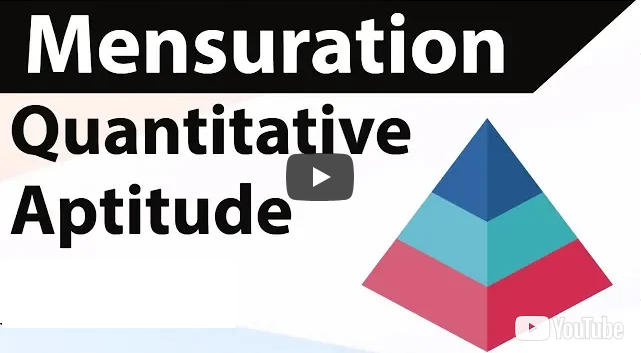Table of Contents
Union Government has opened the highest echelons of the bureaucracy to skilled individuals from the private sector and academia, inviting applications for ten candidates at the level of joint secretary across various departments. These lateral entrants into the civil service will be offered a three-year contract, which the government can extend to five years depending on performance.
Talented and motivated Indian nationals for the post of Joint Secretary across the following departments – Revenue, Financial Services, Economic Affairs, Agriculture Co-operation & Farmers’ Welfare, Road Transport & Highways, Shipping, Environment, Forests and Climate Change, New & Renewable Energy, Civil Aviation and Commerce. The eligibility criteria includes individuals working at comparable levels in private sector companies, consultancy organisations, International/Multinational organisations. Those working in central public sector undertakings, autonomous bodies, statutory organisations, research bodies and universities are also eligible to apply.
General parameters for eligibility.
1) A minimum age limit for applications has been set at 40 as of July 1, 2018
2) Must be a graduate “from a recognised university/institute”.
3) Minimum of 15 years work-experience for those coming in from academia or private sector
• Salary these lateral entrants will receive – Rs 1,44,200 to 2,18,200 per month.
• These are competitive salaries.

Generalist v/s Specialist Generalist
• Generalist
(IAS) officers join the coveted service after clearing a rigorous 3 stage exam – ensures merit.
• They have experience of working at least 15-20 years at grassroots level in districts plus in multiple departments of the state and centre. By the time they reach positions of policy framing they have vast/varied experience in administration which is unmatched.
• They lack domain specialization
Specialist
• Some jobs require domain specialization
• Corporate sector – efficiency, best practices, target oriented work, results rewarded
• Efficiency is rewarded over experience – thus the higher bosses are supposed to be more efficient
• They bring a fresh approach, new strategies and a sometimes an out of the box approach
• 2nd ARC recommended Lateral entry
Need for Lateral Entry
• Shortage of IAS officers ~
1 • The IAS was designed for a time when the State was all-powerful.
• Liberalisation in 1991 – the state was compelled to cede more space to markets.
• Therefore, it becomes critical for the government to ascertain the impact its policy decisions have on various stakeholders such as the private sector, nonprofits, and general public, i.e. those who have experienced government from the outside.
What could go wrong?
• Turf wars between IAS and Lateral entrants
• Selection process could be manipulated due to corruption and cronyism – pro-establishment candidates
• Feelings of service to people may not be as strong.
• Can try to help their company/sector – conflict of interest
• Loss of trust in own officers by govt and more importantly by the public – perception
• How to asses the performance in 1 or 2 years ?
• Career progression of IAS officers will be threatened.
Successful Examples
• Montek singh Ahluwalia
• Manmohan Singh
• Nandan Nilekani
• Raghuram Rajan Modest compensation ensures no long term stakes by the Lateral entrants. Wont make a career out of it.
Way forward?
• Along with lateral entry, a lateral exit system could also be put in place
• IAS officers get domain expertise by leaving service for few years and working in other organizations.
• When they rejoin, they bring back the expertise with them.
Burning Issues | Free PDF
By Dr. Mahipal Singh Rathore
Facebook Id-> facebook.com/mahipalsinghrathore
























 WhatsApp
WhatsApp